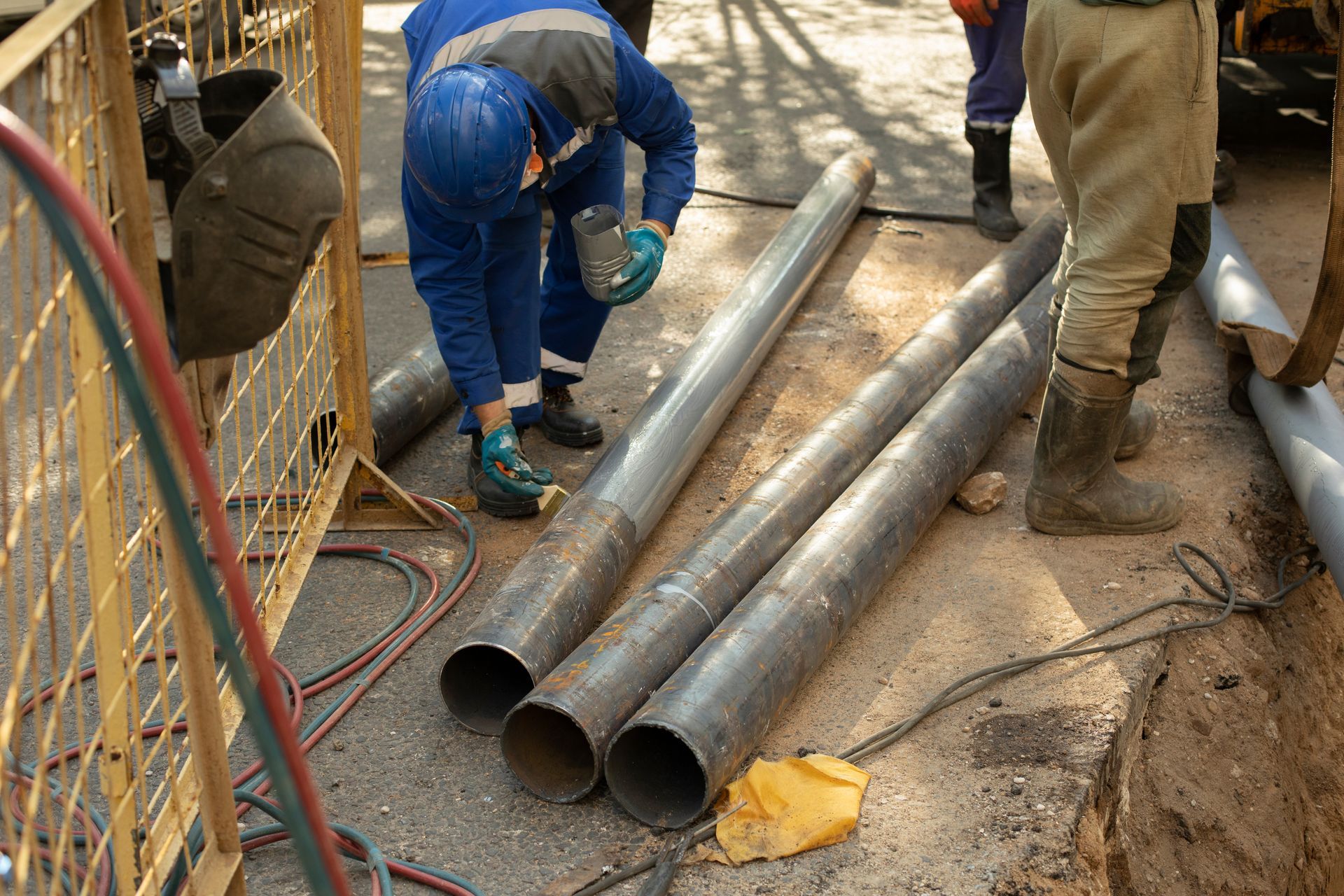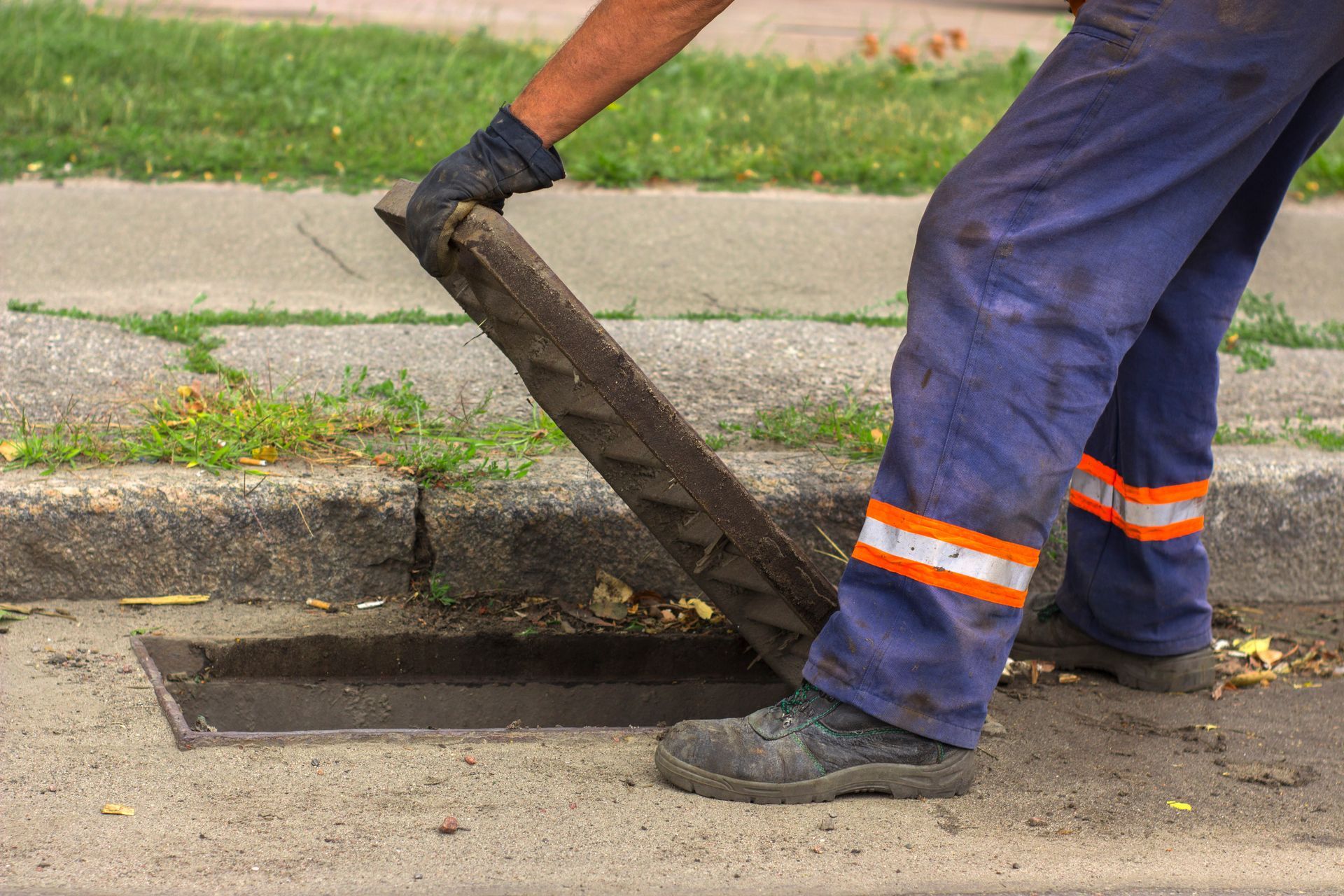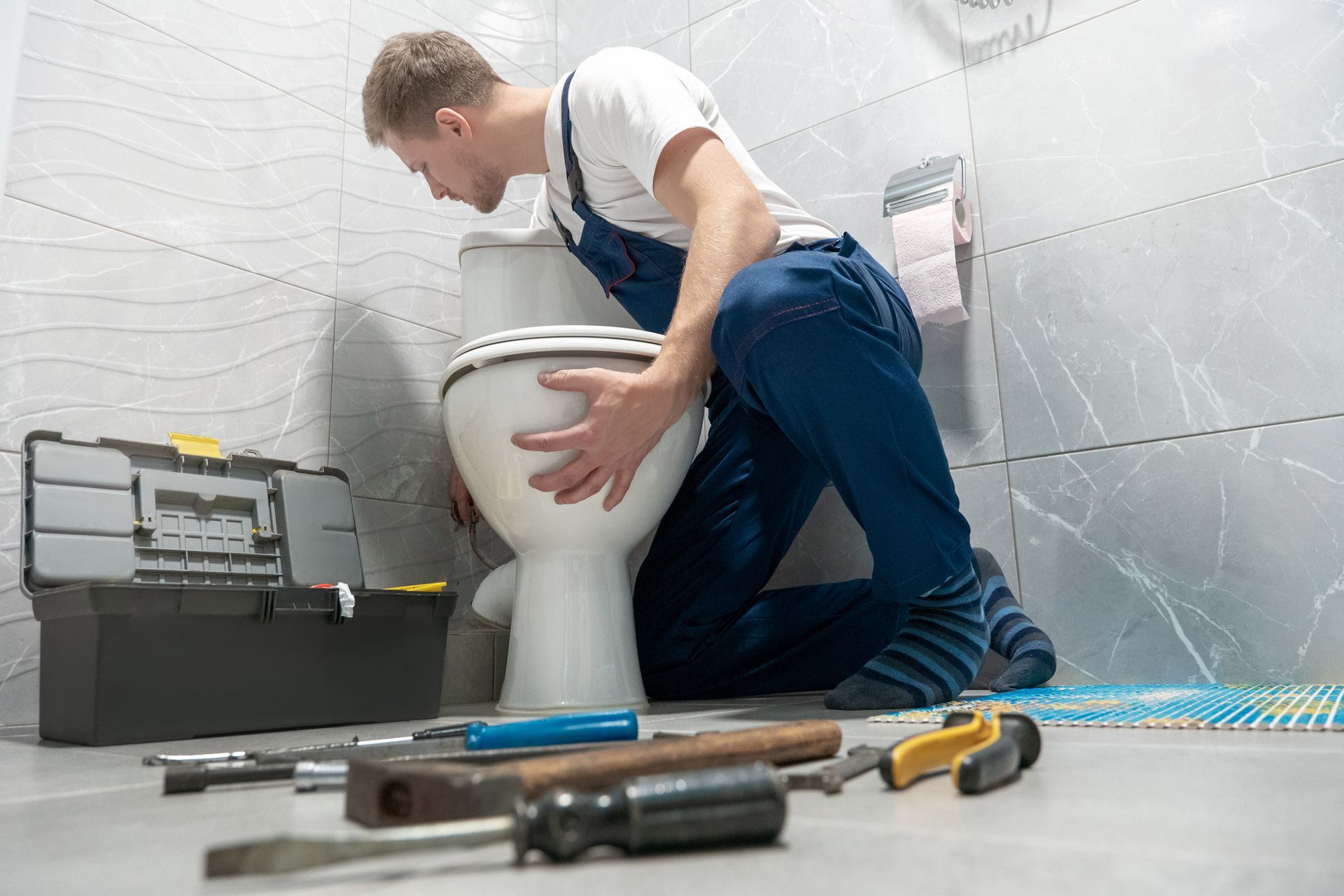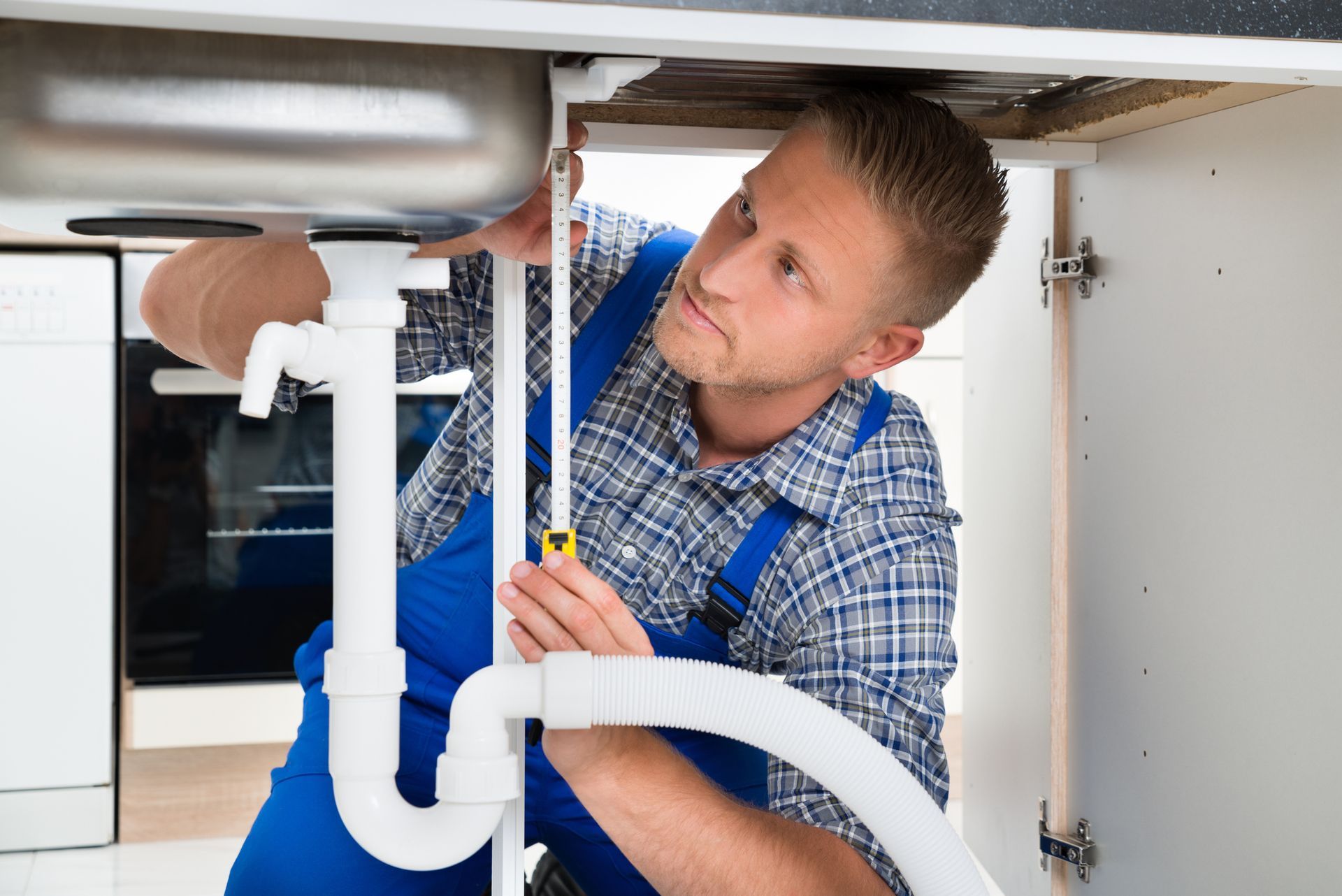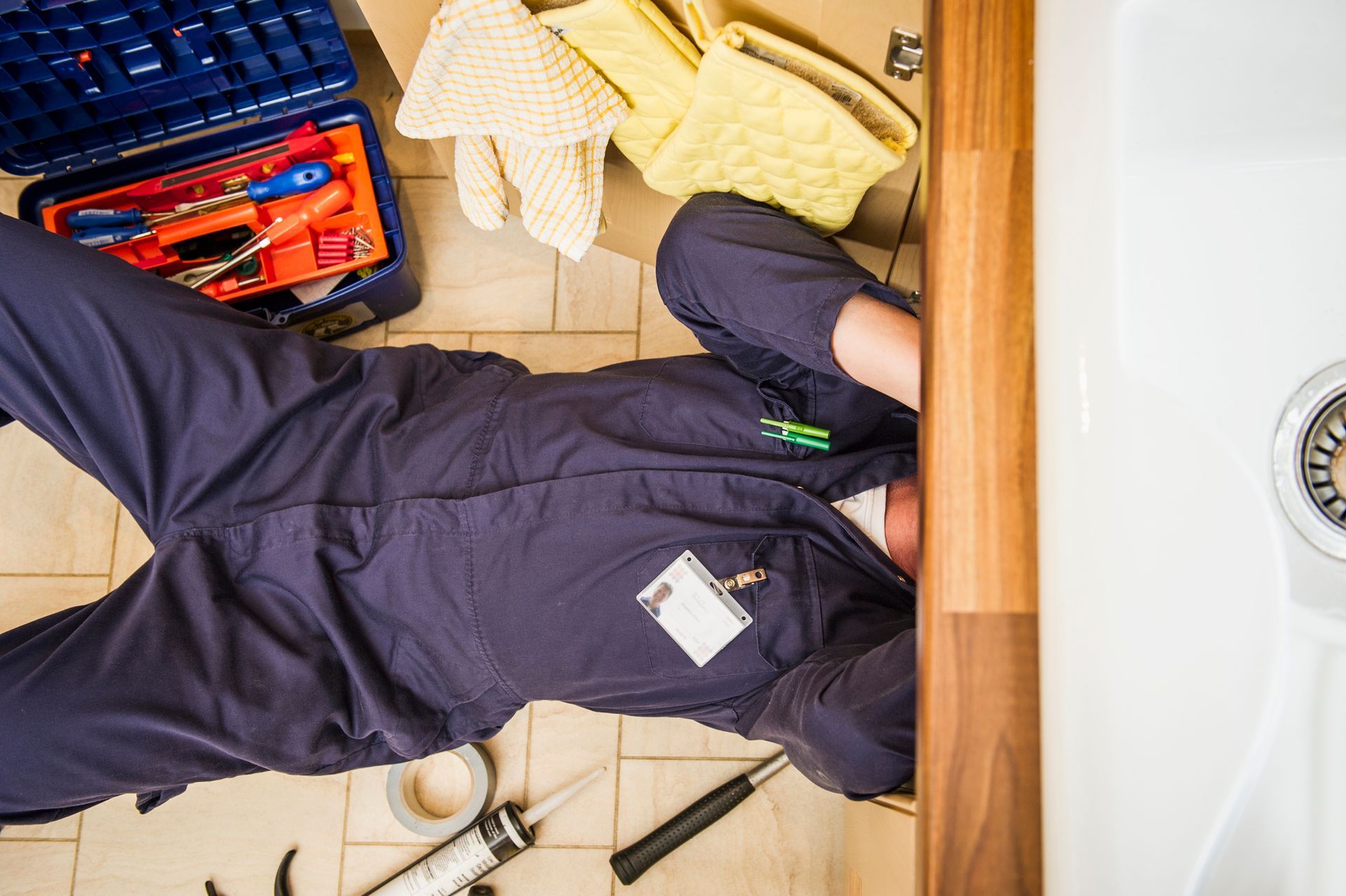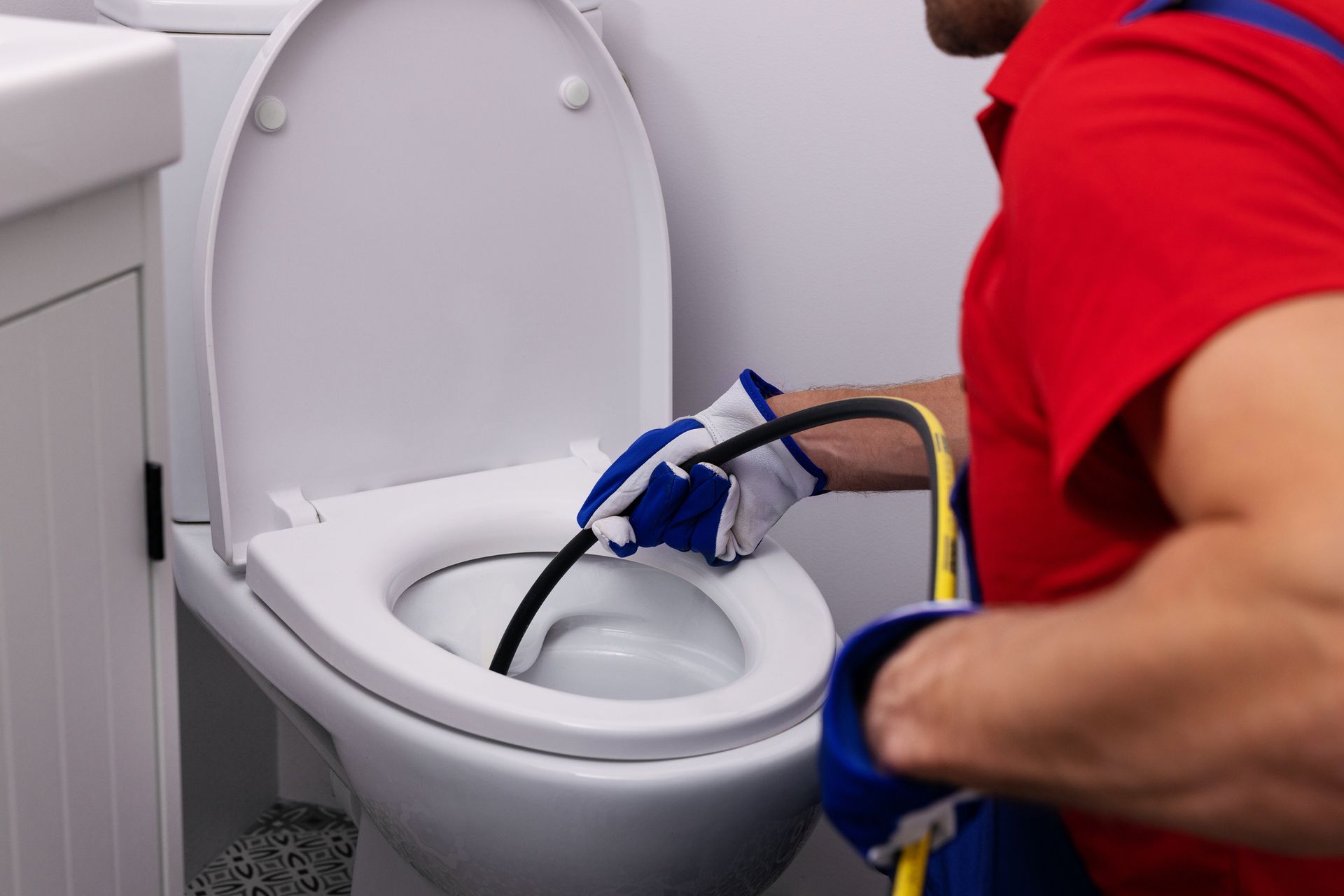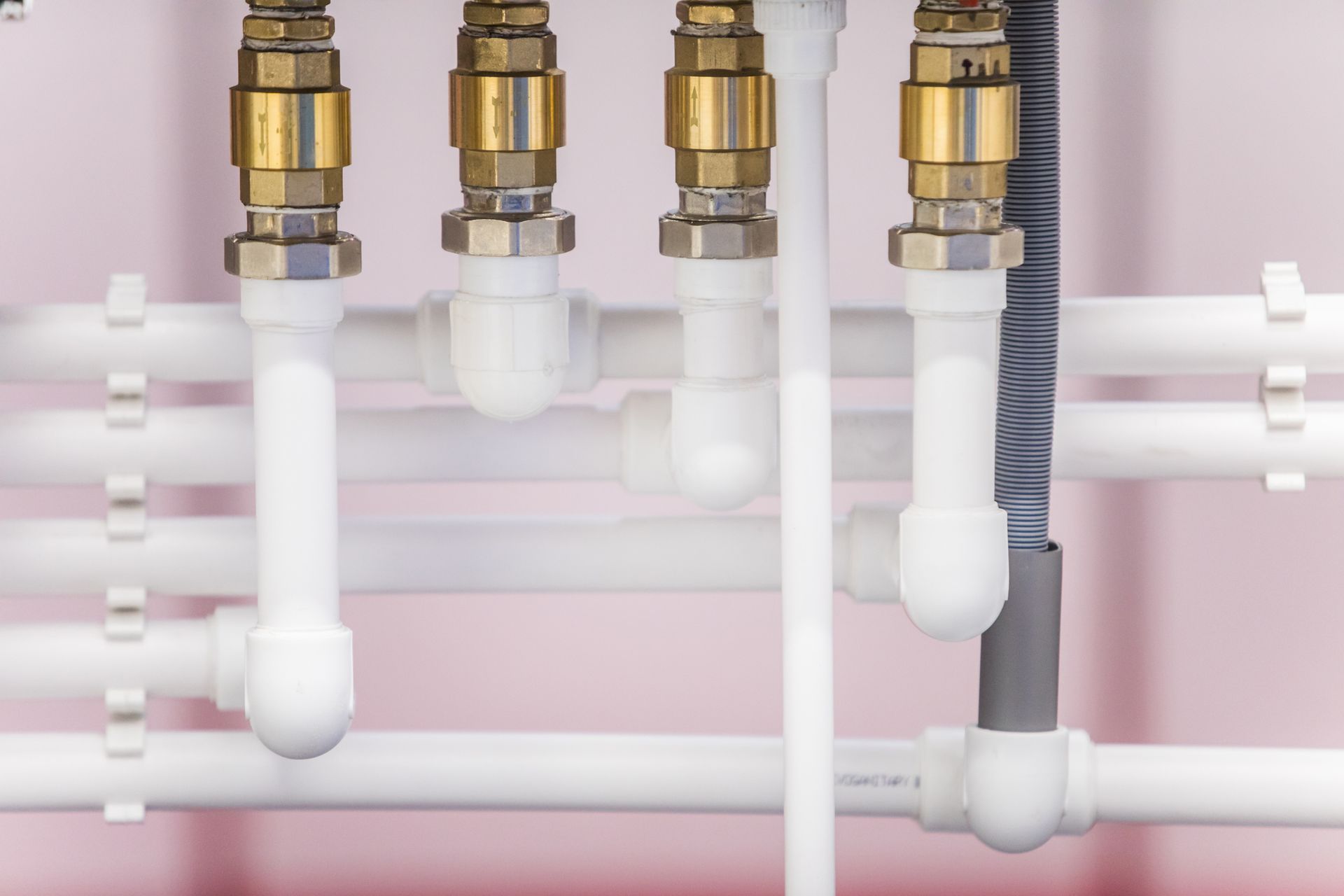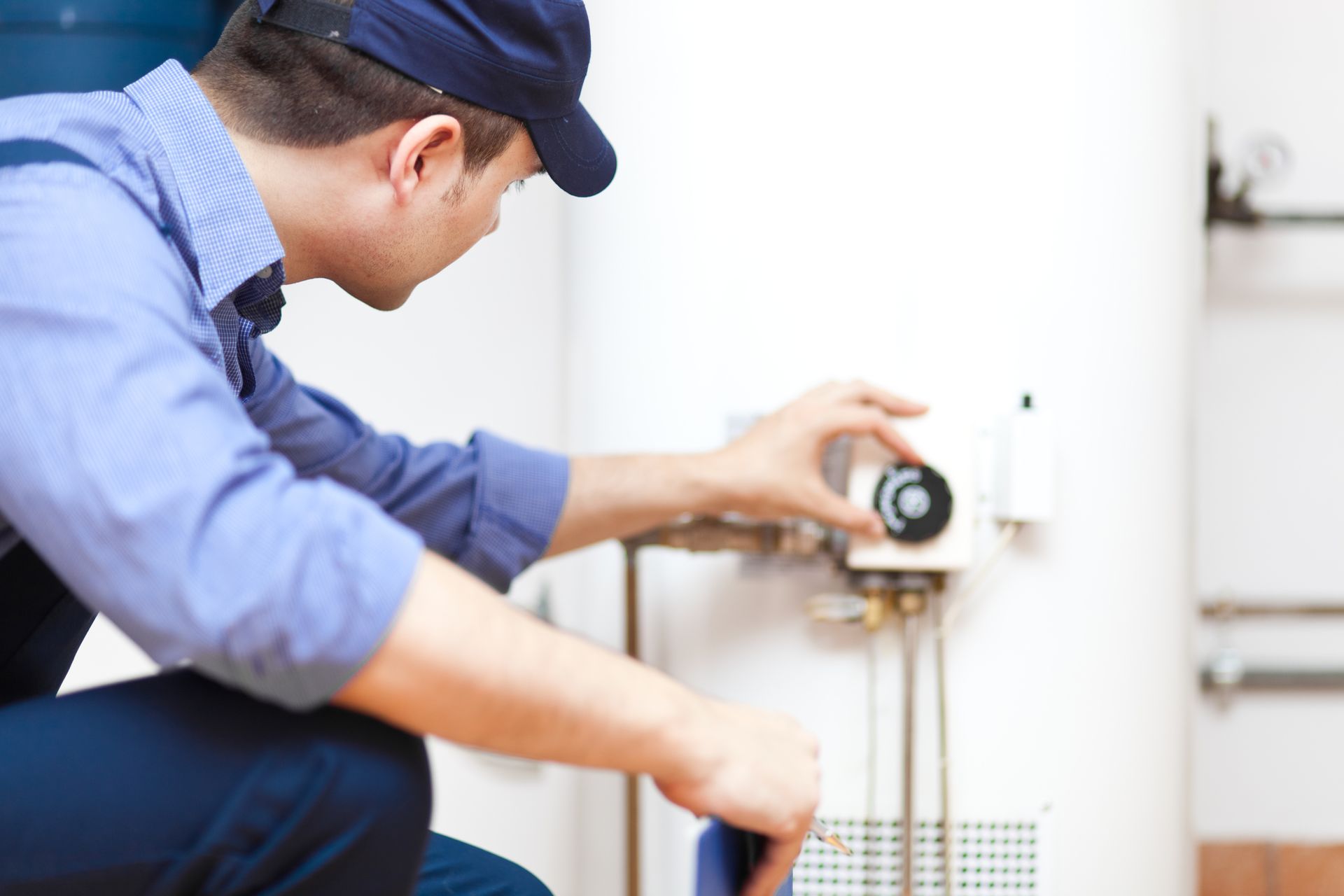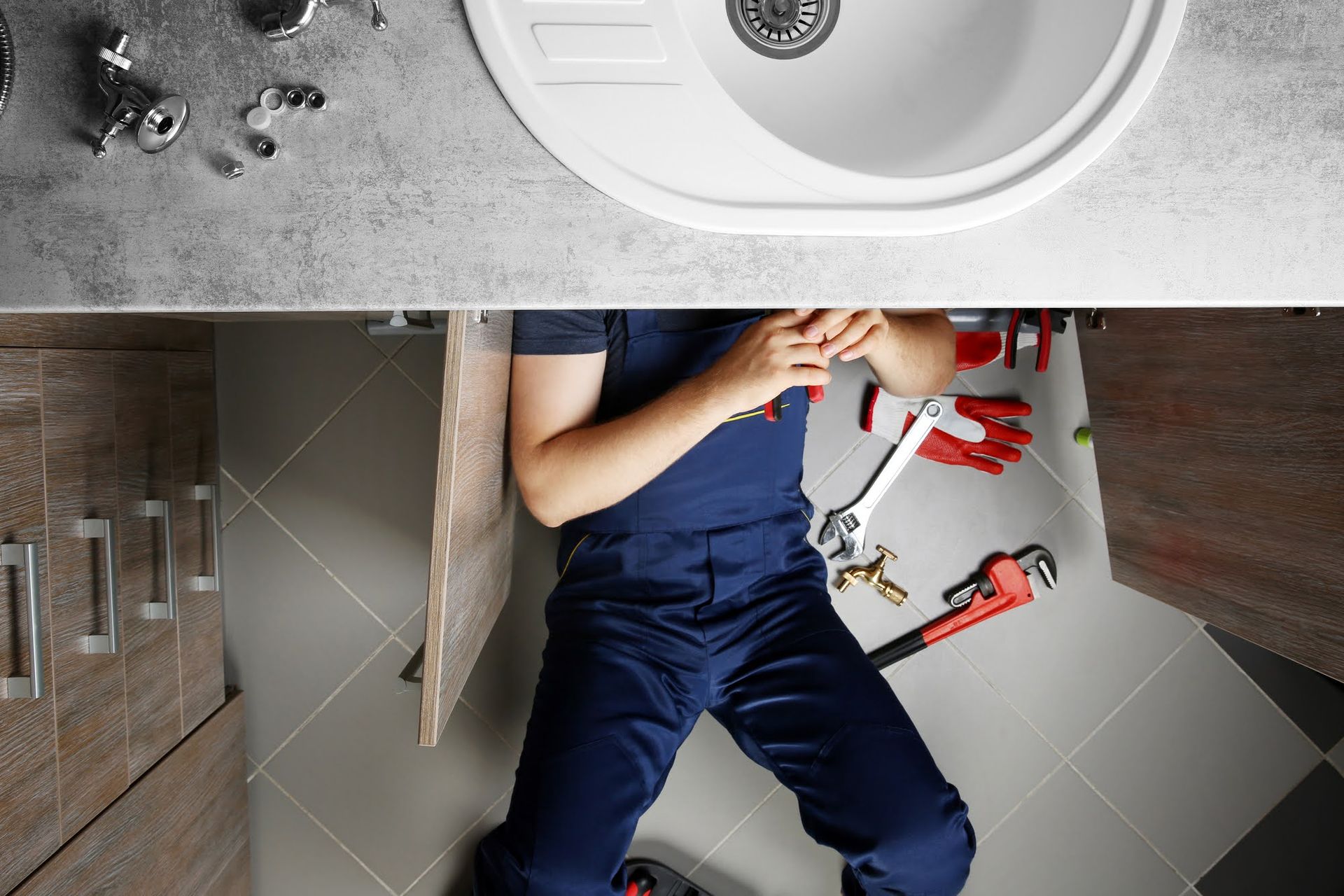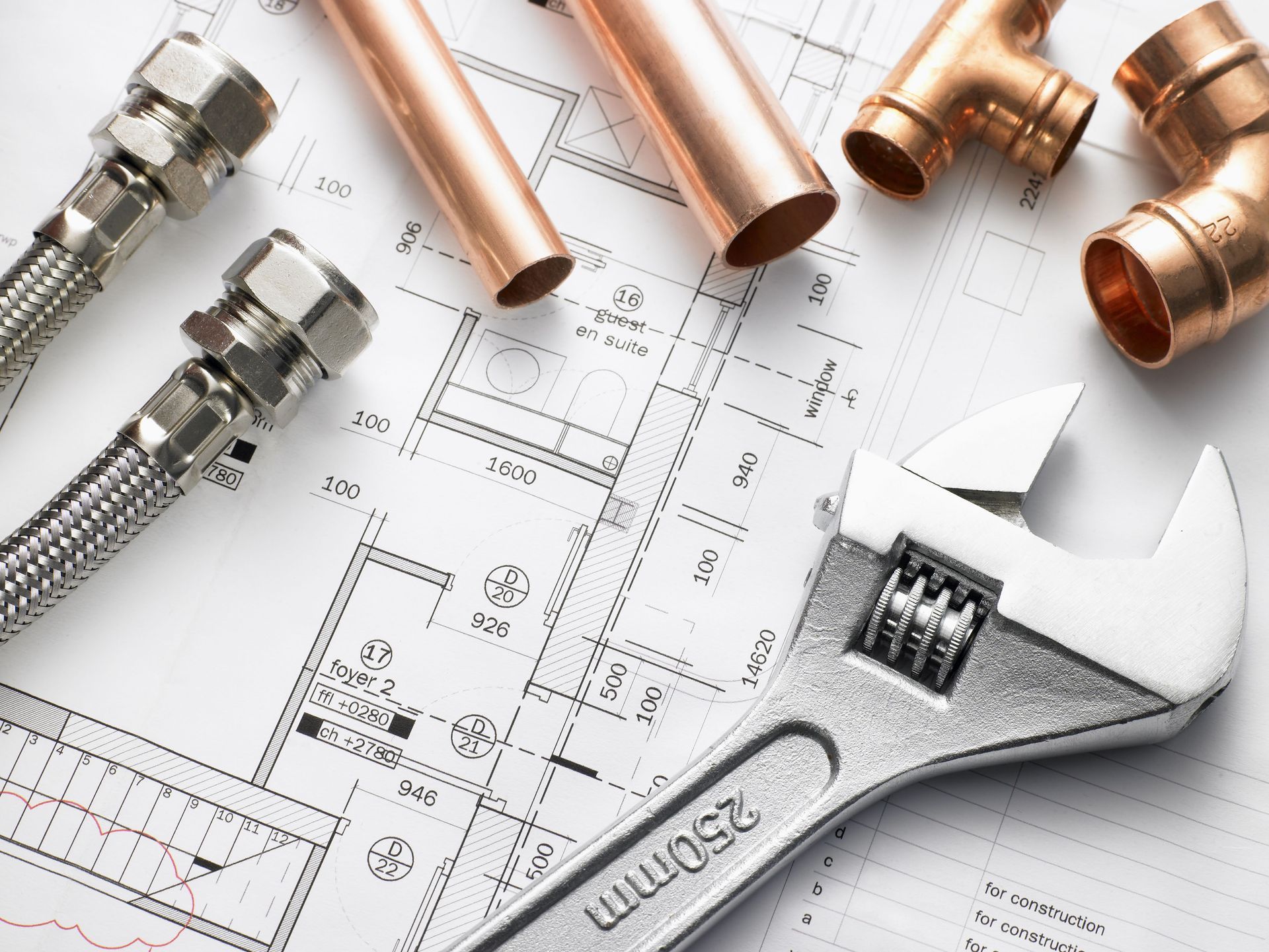Kitchen Remodel? The Do's and Don'ts of Using Other Drains in Your Home
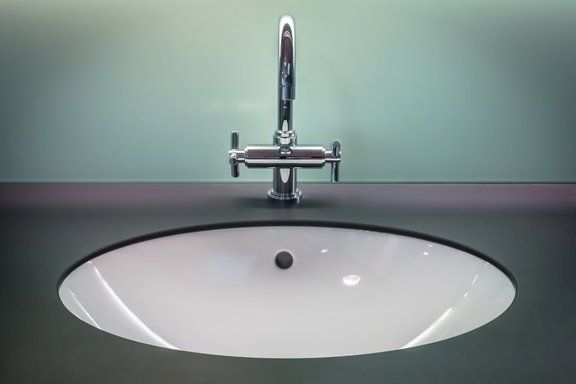
Are you ready to remodel your kitchen? Without a faucet, garbage disposal, or drain to use during the renovation, you may need to turn the bathroom or laundry room into a makeshift kitchen. Before you start to chop, peel, or prep, take a look at the top plumbing tips to follow.
Don't Flush Food
Without a garbage disposal at your disposal, you need to find a new way to discard leftover food scraps. If you're tempted to flush your food, consider:
- The toilet's pipes . The drainpipe from your bathroom's toilet isn't wide enough to accommodate large clumps of sticky foods. The pieces, chunks, and scraps can easily clog the pipe and cause a major backup.
- The intended use . A toilet wasn't made to flush your food. Toilet paper separates and breaks down quickly — but food doesn't. Again, this can cause a clog in the bathroom's plumbing.
- Clog causers . Fatty foods and oils can coat the pipes and grains or starchy foods can expand. Over time, this narrows the inside of the toilet's drain and can cause a clog.
Even though the toilet has a drain, this part of your plumbing system can't handle kitchen or food items. Whether you have lemon peels, leftover chicken fat, vegetable oil, rice, cereal, or any other similar item, you need to find an appropriate alternative for disposal.
Do Remove Leftover Food Items in Creative Ways
If you can't flush your food, how should dispose of it during the renovation process? While you can use your bathroom or laundry room to pour water into pots and pans and for some other kitchen-related tasks, you can't use these rooms to wash away your leftovers.
Instead of the toilet, consider these easy alternative ideas:
- Refrigerate or freeze items . If you have a fridge or freezer in your home (even if the appliance isn't in the kitchen), bag and refrigerate or freeze edible leftovers.
- Bring everything outside . Bag unusable leftovers or scraps and bring them outside to your trash can immediately.
- Use glass jars . What should you do with leftover oil or the fat from chicken or red meat? Use glass jars to contain the hot liquids. When the liquids turn into solids, throw what's left into the trash.
- Compost some items . Do you have a garden in your yard? Find a safe spot to compost the leftovers outdoors. If you don't have a yard, look for a municipal or city compost program to participate in.
These strategies can save your plumbing system and stop clogs before they start. Along with the fridge and freezer, your home's trash can, jars, and compost bins, you can also find creative ways to use edible leftovers as ingredients in your next meal. This eliminates the need to flush your food down the drain.
Don't Wash Dishes in the Bathroom Sink
Now that you have a strategy in place to remove or dispose of leftover food, turn your attention to the dishes, pots, pans, utensils, and other dirty items. Without a kitchen to cook in, you won't have a sink to scrub pots and pans or a dishwasher to remove debris from plates, bowls, and cups.
Should you turn the bathroom or laundry room sink into a makeshift dishwasher? Simply stated — no. Even though the bathroom or laundry room sink has running water, it isn't the ideal place to clear your dishware. A bathroom sink–turned washing space can result in serious clogs. The top kitchen-related offenders to avoid include:
- Bones . Leftover chicken bones should never go into any sink's drain. These can get stuck in a drainpipe and cause clogs. Always throw bones away in the trash.
- Coffee grounds . Never toss leftover grounds or what's left in your morning cup of coffee down the bathroom sink's drain. Even though grounds may seem small, they can stick together in the sink's drainpipe.
- Oil and grease . Again, these should go into a glass jar. While liquid grease may not instantly cause a clog, it can back up your plumbing system as it dries and solidifies in your bathroom's or laundry room's sink drain.
- Pasta . The extra strands of spaghetti should never go down a bathroom or other drain. These can expand when wet, causing a clog.
- Rice . Like pasta, rice can also expand when you add water. Every time you brush your teeth or wash your hands, the water you use will moisten the rice and cause it to swell in the drain.
- Peels and rinds . While these are more of a danger to a garbage disposal, peels and rings can also clog slim bathroom drains. Instead of the sink, place these items into the outdoor garbage can or compost them.
What should you do if you accidentally drop one of these items into the bathroom or laundry room sink? Some foods may wash away without incident. But if you notice a backup, call a professional plumber for help clearing the clog.
Do you need to hire a plumber for your kitchen or bathroom home improvement project? Contact Michigan Plumbing for more information.

